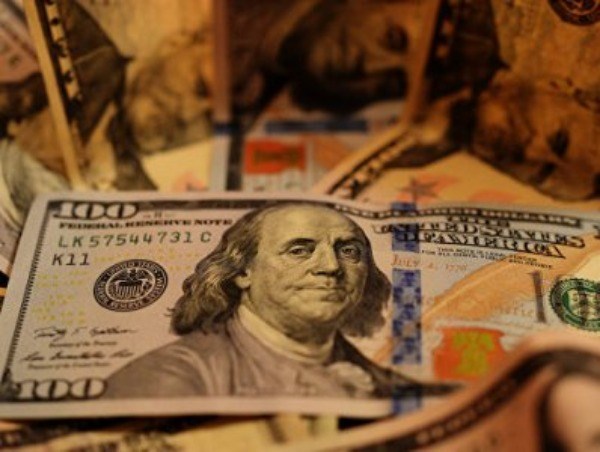Russia says debt default label is ‘unlawful’
Russia has defaulted on its foreign debt for the first time since 1918, the year following the Bolshevik Revolution. Moscow, however, claims the necessary payments were made on May 27th.
Moscow failed to pay approximately $100 million in interest on two bonds during a 30-day grace period that expired Sunday.
The White House has said the default showed the effect of Western sanctions on Russia.
"This morning's news around the finding of Russia's default, for the first time in more than a century, situates just how strong the reactions are that the US, along with allies and partners, have taken, as well as how dramatic the impact has been on Russia's economy," a senior administration official said during the G7 summit in Germany.
After Russia’s access to foreign currency assets held overseas was frozen following the invasion of Ukraine, Moscow kept paying its debts from currency reserves at home. In May, however, the US Treasury blocked those transfers to American investors.
This has led Moscow to call any default label illegal, because the country has the foreign currency reserves and has been attempting to pay the interest payments. Russia says it made the payments on May 27th, and that the money is stuck with Euroclear, a clearinghouse based in Belgium.
"Allegations of default are incorrect because the necessary currency payment was made as early as back in May," Kremlin spokesman Dmitry Peskov said. "So there are no grounds to call it a default."
On Monday, Moody’s credit ratings agency said, “On 27 June, holders of Russia's sovereign debt had not received coupon payments on two eurobonds worth $100 million by the time the 30-calendar-day grace period expired, which we consider an event of default under our definition”.
